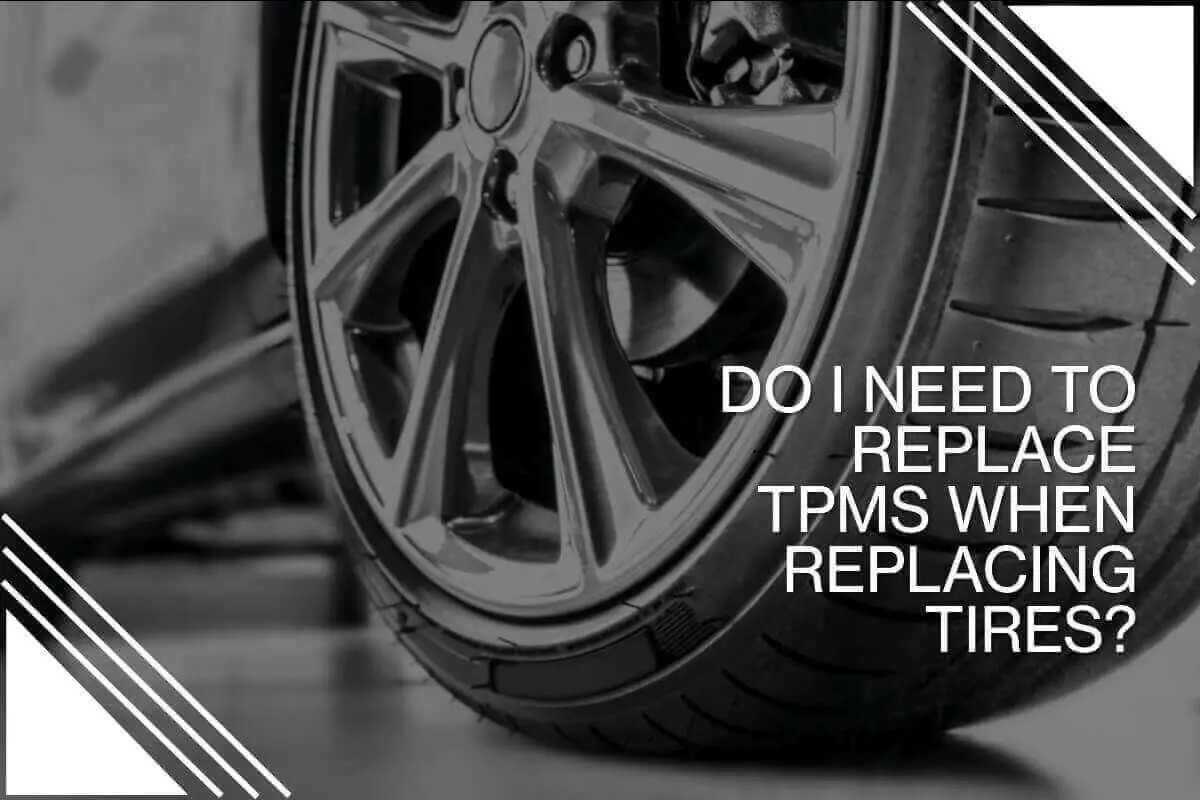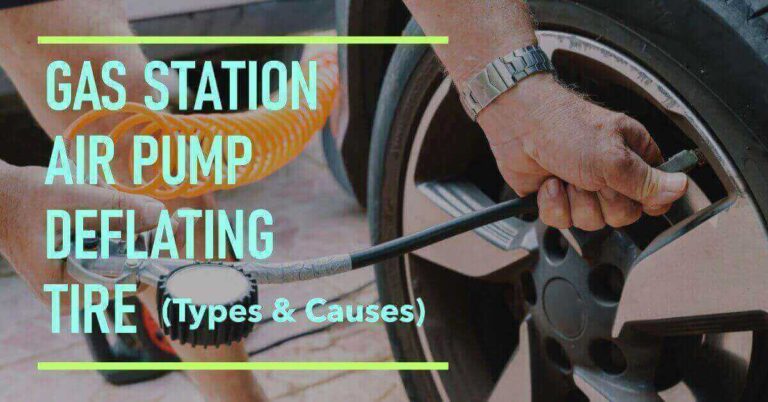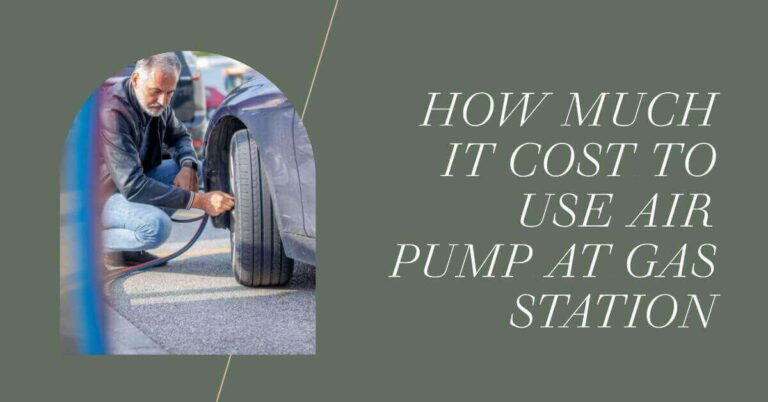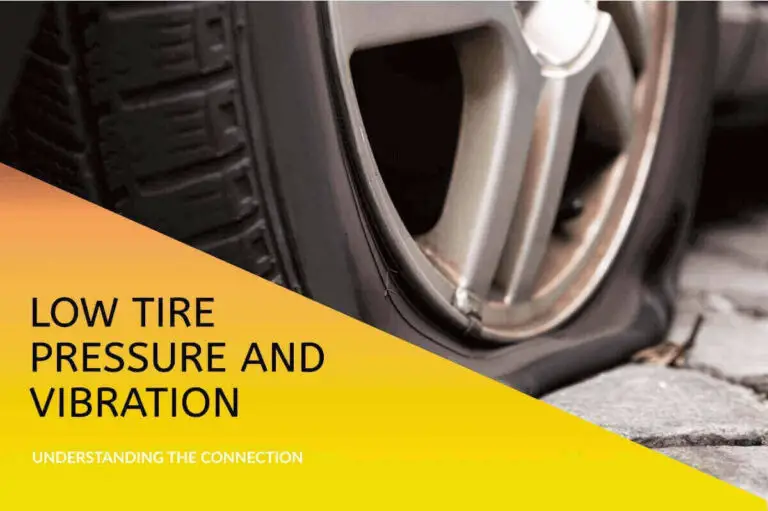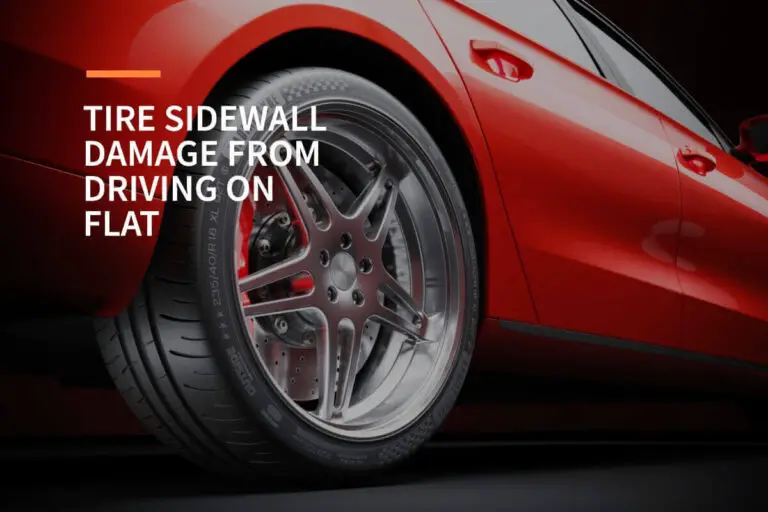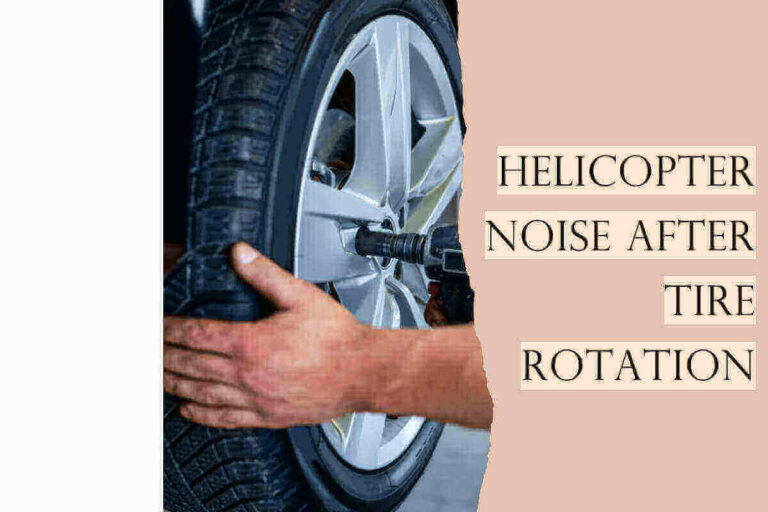In order to ensure that your car runs properly, you need to keep a number of things in mind. One of the most important things you need to be aware of is your tire pressure monitoring system or TPMS.
In this article, you get the answer of do you need to replace TPMS when replacing tires and also learn more about this important system.
Do I Need To Replace TPMS When Replacing Tires
Here are a few things to keep in mind when deciding whether or not to replace your TPMS sensors:
Age Of Your TPMS Sensors
If your TPMS sensors are more than five years old, it’s probably time to replace them.
Condition Of Your TPMS Sensors
If your TPMS sensors are damaged or not working properly, they need to be replaced.
Size Of Your Tires
If you have replaced your tires, you will need to replace your TPMS sensors.
Mileage On The TPMS Sensors
If your TPMS sensors have more than 80,000 miles, they may need to be replaced.
Keeps This In Mind When Changing The Car’s Tires
It would help if you kept a few things in mind when changing your car’s tires.
- If your car has tire pressure monitoring system (TPMS) sensors that are integrated into the wheels, then you will need to have the new tires mounted and balanced at a tire shop with the proper equipment.
- Otherwise, the new tires will not work with the existing TPMS sensors.
- Even if your car doesn’t have integrated TPMS sensors, it’s still a good idea to have the tire shop check the air pressure in all of your car’s tires before they leave with the new ones.
- Be sure to check that the new tires are properly inflated. A tire shop can do this for you.
The above steps will ensure that you get the most out of your new tires and that they last as long as possible.
Can I Replace Just One TPMS Sensor?
If you’re wondering whether you can replace just one TPMS sensor, the answer is maybe. It depends on the damage’s severity and the sensor’s location.
If the sensor is damaged beyond repair, you’ll need to replace it. However, if the damage is minor, you may be able to get away with just replacing the tire.
It’s also important to note that you’ll need to replace all four sensors if the TPMS sensor is located in the front tire. It is because the front tires constantly turn and can cause false readings.
Do I Have To Replace All 4 TPMS Sensors?
When it comes time to replace your car’s tires, you may wonder if you also need to replace the TPMS sensors. The short answer is: no, you don’t necessarily need to replace all 4 TPMS sensors. Here’s what you need to know about TPMS and replacing tires.
Each tire has TPMS sensors that measure the air pressure. They send a signal to the car’s computer, which then alerts the driver if the pressure is low. Most newer cars have TPMS sensors, which are not required by law.
If your TPMS sensors are working properly, there’s no need to replace them when you get new tires. However, if one or more of your TPMS sensors is damaged or not working correctly, it’s best to replace them before getting new tires.
How Do I Know If My Car Needs New Tires?
It’s important to know when your car needs new tires. There are a few things you can look for to tell when it’s time.
- Check the tread depth of your tires. You can do this by inserting a quarter into the tread grooves. If the top of George Washington’s head is visible, your treads are shallow, and it’s time for new tires.
- If your car needs new tires is to the condition of the sidewalls. Look for cracks or cuts in the rubber. If you see any, the tire is deteriorating and needs to be replaced.
- Pay attention to how your car handles on the road. If you feel vibration or shaking, it could be a sign that your tires are unbalanced or worn down. If your car tires show signs of wear, it’s probably time to replace them.
Do All Tires Have TPMS Sensors?
Modern cars have tire pressure monitoring systems (TPMS), which alert drivers if their tires are significantly underinflated. The system may be linked to the car’s anti-lock brakes or stability control and may automatically reduce speed or even stop the car if it senses a problem. So, do all tires have TPMS sensors?
The answer depends upon the model of the car. If your car was manufactured after September 1, 2007, you have TPMS. If it was made earlier than that, then you probably don’t have TPMS.
Keep Your Tires Inflated
Properly inflated tires are important for a variety of reasons.
- It can improve your gas mileage.
- It can extend the life of your tires.
- It can make your car handle better.
- It can help you avoid a flat tire.
How Do I Check My Tire Pressure?
It’s actually pretty easy. You’ll need a tire pressure gauge, which you can purchase at any auto parts store. Once you have the gauge, remove the cap from the valve stem on one of your tires and press the gauge onto the valve stem. The gauge will give you a reading in pounds per square inch (PSI).
The Benefits Of Replacing TPMS
When it comes time to replace your car’s tires, you may wonder if you also need to replace the TPMS or tire pressure monitoring system. The good news is that, in most cases, you can have the new tires installed without having to replace the TPMS. Here are a few reasons why:
- Tire pressure sensors are designed to last for the tire’s life. So unless your tires are very old and worn out, there’s no need to replace the TPMS with them.
- Replacing only the tires is much cheaper than replacing both the tires and the TPMS.
- If your car’s TPMS is malfunctioning, it will likely need to be replaced regardless of whether you’re replacing the tires.
- It’s quite rare to have a TPMS malfunction while the tires are still in good shape. It tends to happen when there’s already some damage to the tires, and they’re worn out.
- Replacing only the tires is much easier and less time-consuming than replacing the tires and the TPMS.
So, there’s no good reason to replace your tire pressure sensors with your old tires.
The Cost Of Replacing TPMS
When it comes to replacing tires, many drivers don’t think twice about the cost. But they may not realize that if their vehicle is equipped with a TPMS, there is an additional cost to consider.
According to professionals, the average cost of TPMS replacement is $75. That’s on top of the cost of new tires, which can range anywhere from $50 to $100 each. So, when budgeting for new tires, be sure to factor in the cost of TPMS replacement.
Fortunately, there are ways to reduce the cost of TPMS replacement. One way is to purchase a tire and wheel package with TPMS sensors. Another way is to have your existing TPMS sensors transferred to your new tires by a qualified technician.
Conclusion – Do I Need To Replace TPMS When Replacing Tires
It is unnecessary to replace your TPMS sensors when you get new tires. However, if your sensors are damaged or not working properly, then you will need to replace them. You should consult a professional if you are unsure about your TPMS sensors.
I hope this article about do I need to replace TPMS when replacing tires has provided you with the information you need to make an informed decision regarding your TPMS sensors. Please feel free to leave any questions or comments in the comment section below.
FAQs
Will Change Tires Affect TPMS?
Yes, changing your tires can affect your TPMS. If you change your tires without resetting your TPMS, your TPMS will continue to monitor the pressure in your old tires. It can cause your TPMS light to come on, even though there may be nothing wrong with your new tires. To avoid this, always reset your TPMS after changing your tires.
Can I Use My Old TPMS On My New Wheels?
If your old TPMS sensors are compatible with your new wheels, you should be able to use them. However, it’s always a good idea to consult with a professional to make sure everything is compatible and will work properly.
Do You Need To Replace TPMS With New Wheels?
It depends on your vehicle and the wheels. If you bought new wheels compatible with your TPMS, you can keep your old sensors and not worry about replacing them. If you have a new wheel that is incompatible, you will need to replace the sensors with compatible ones.

